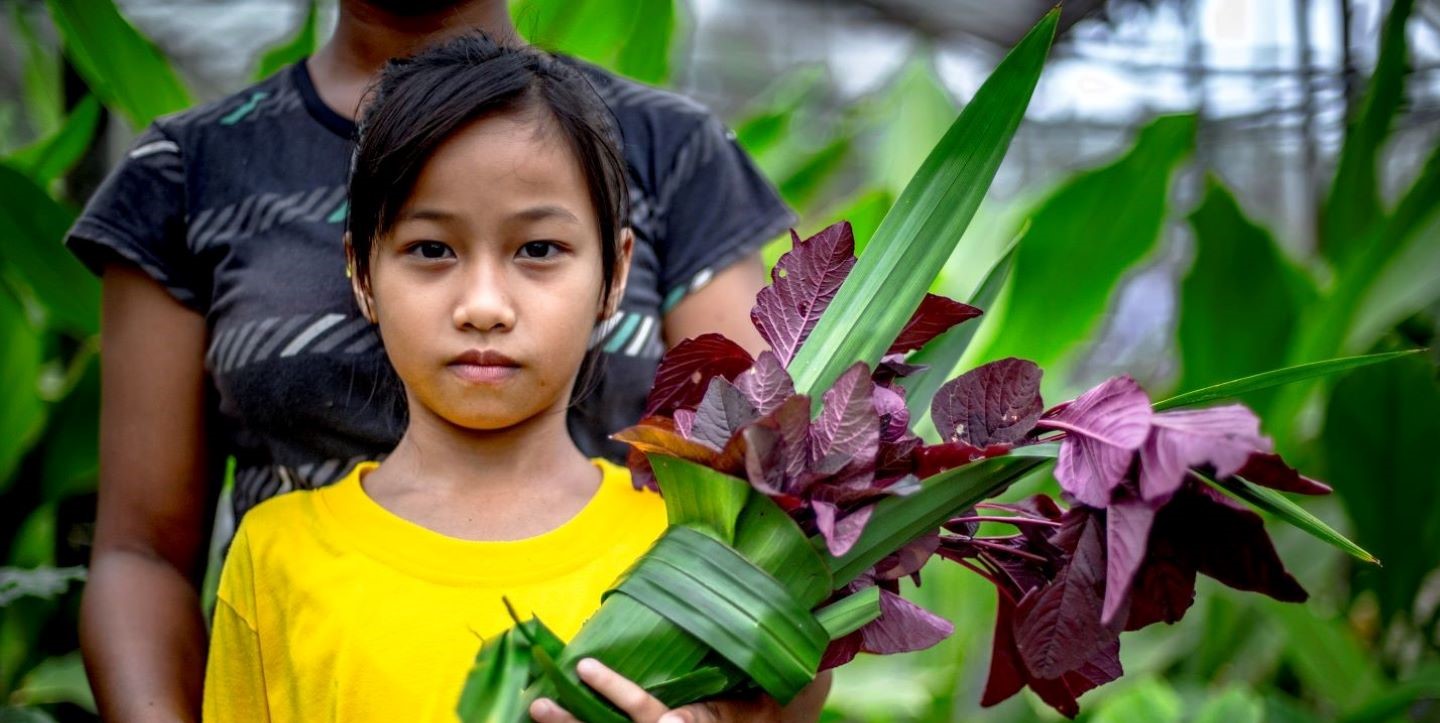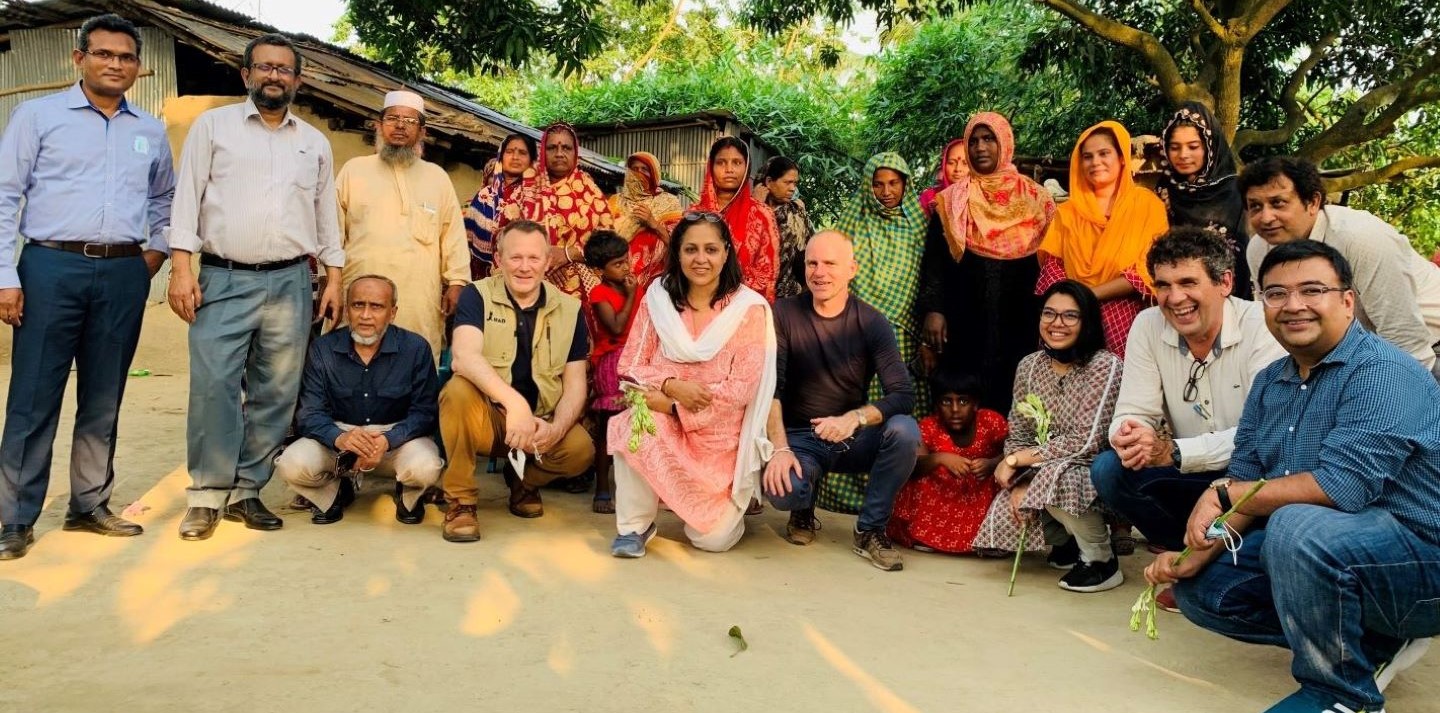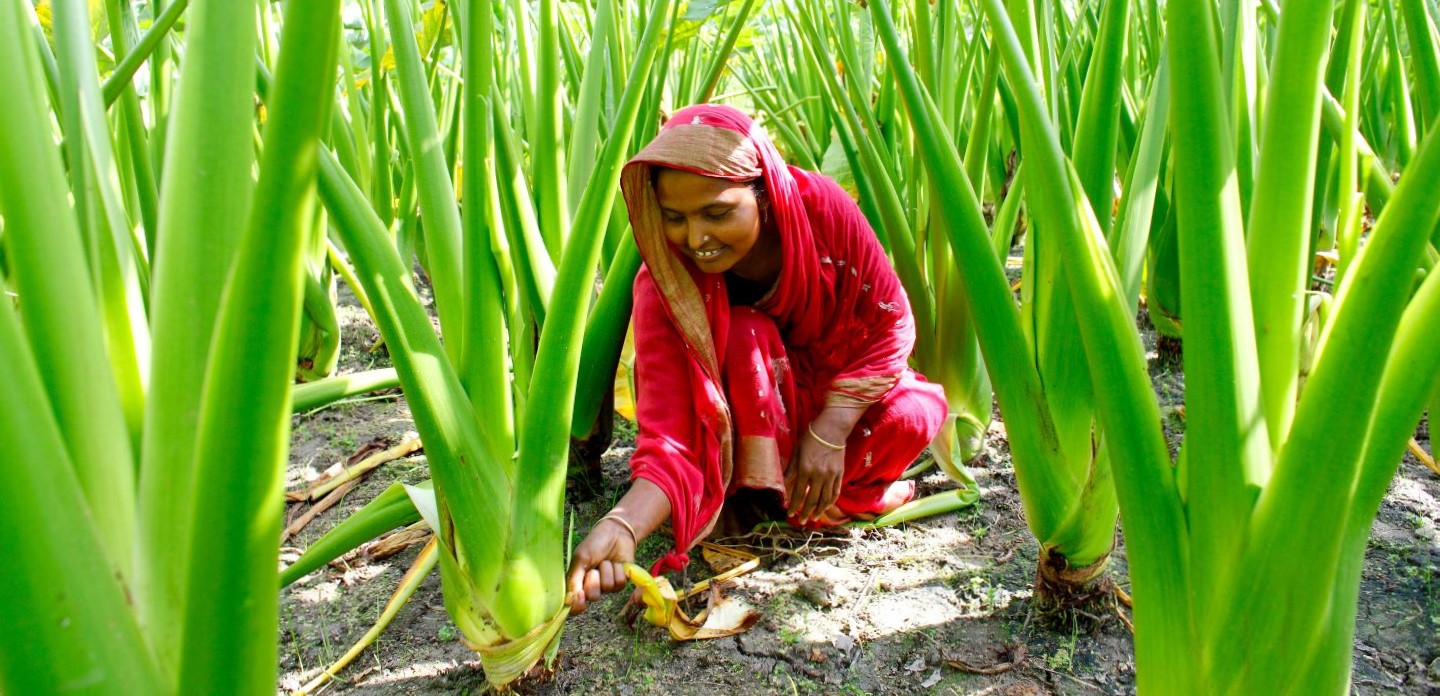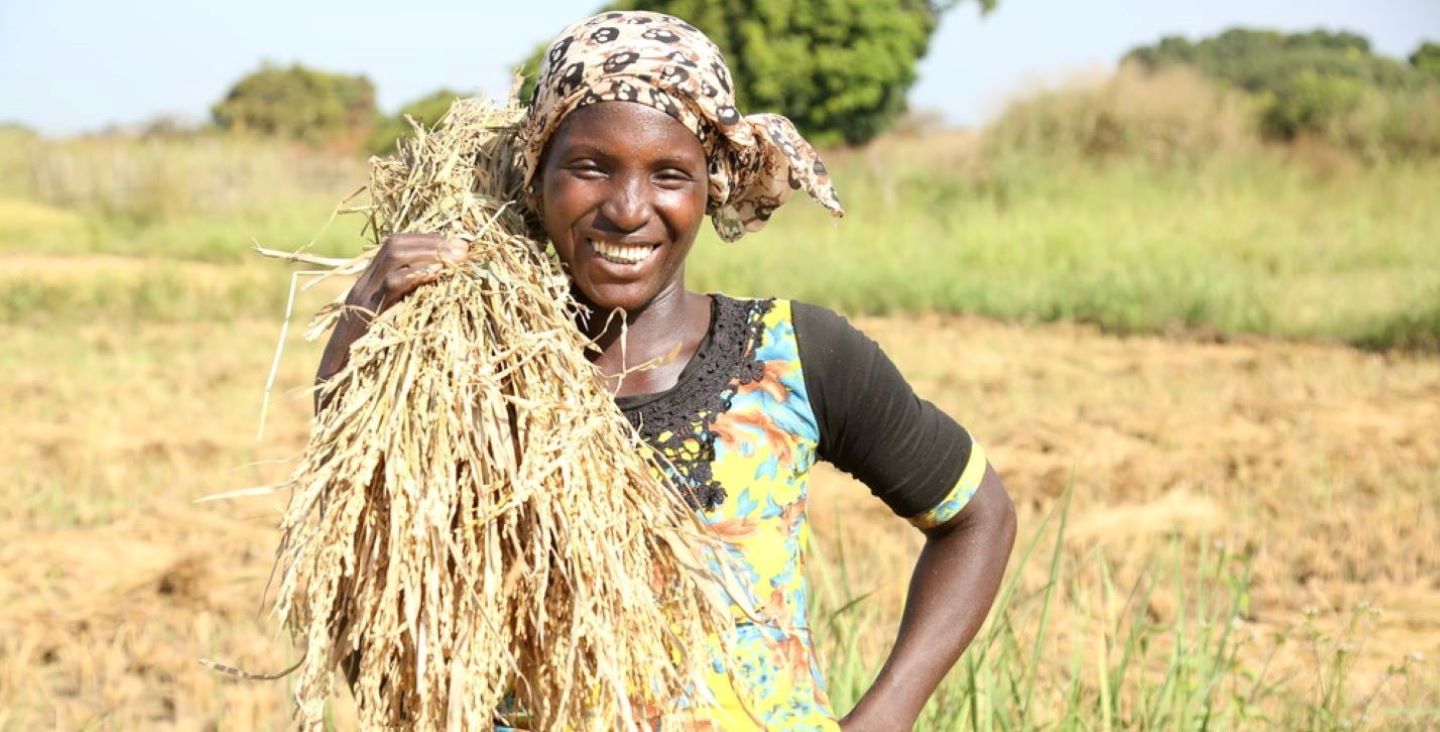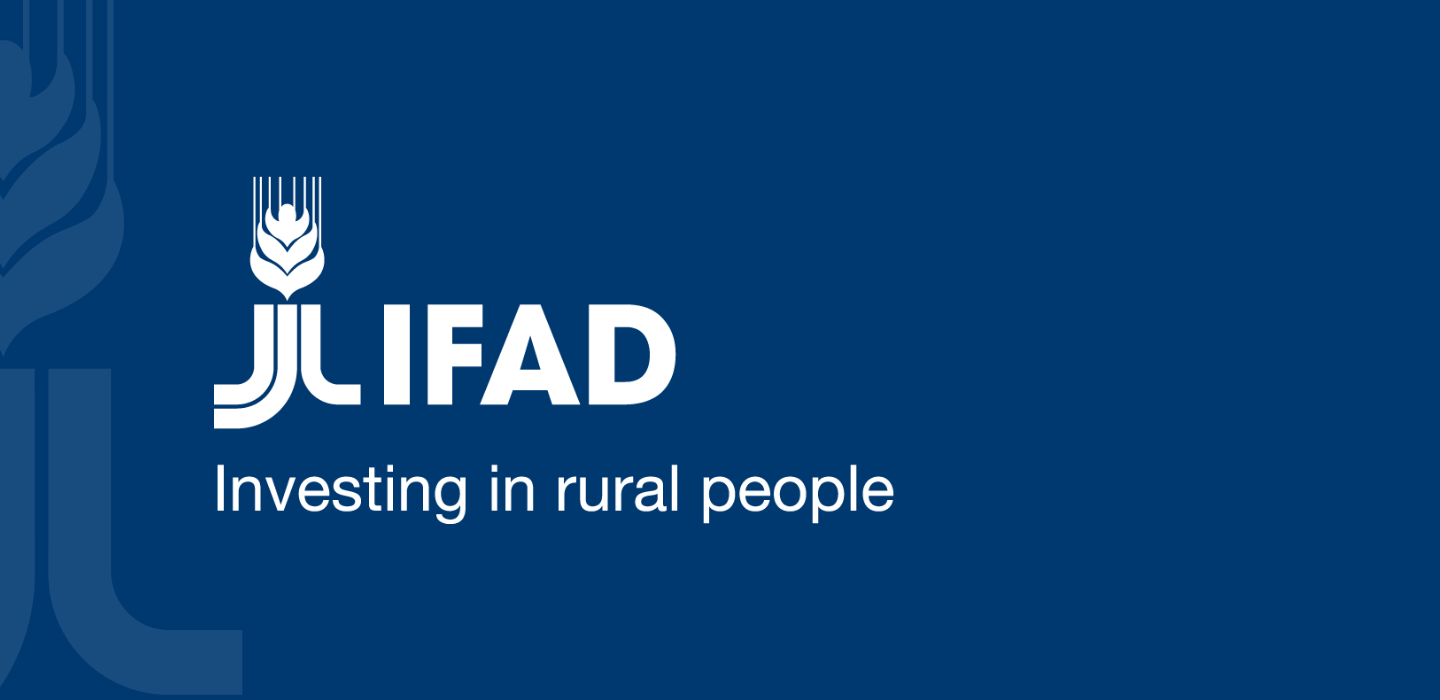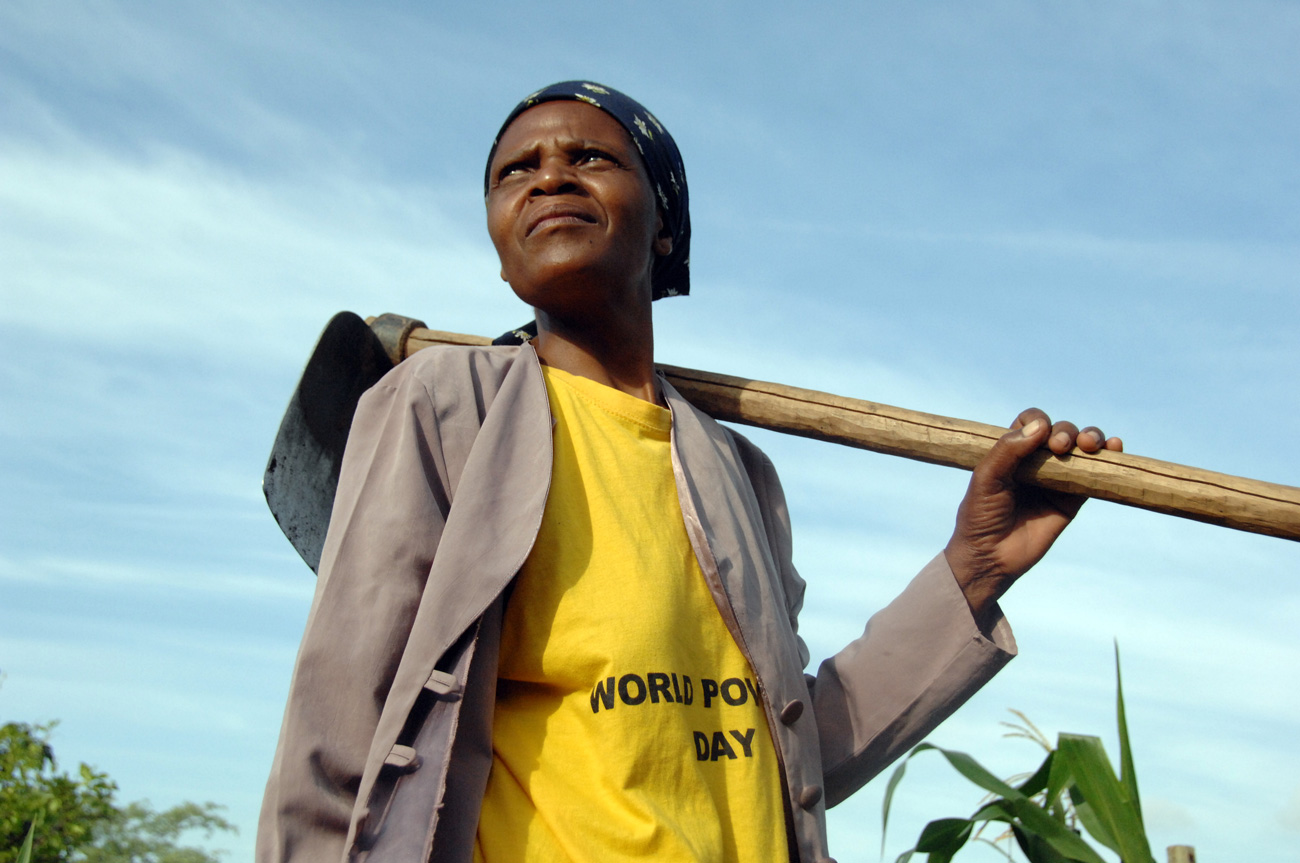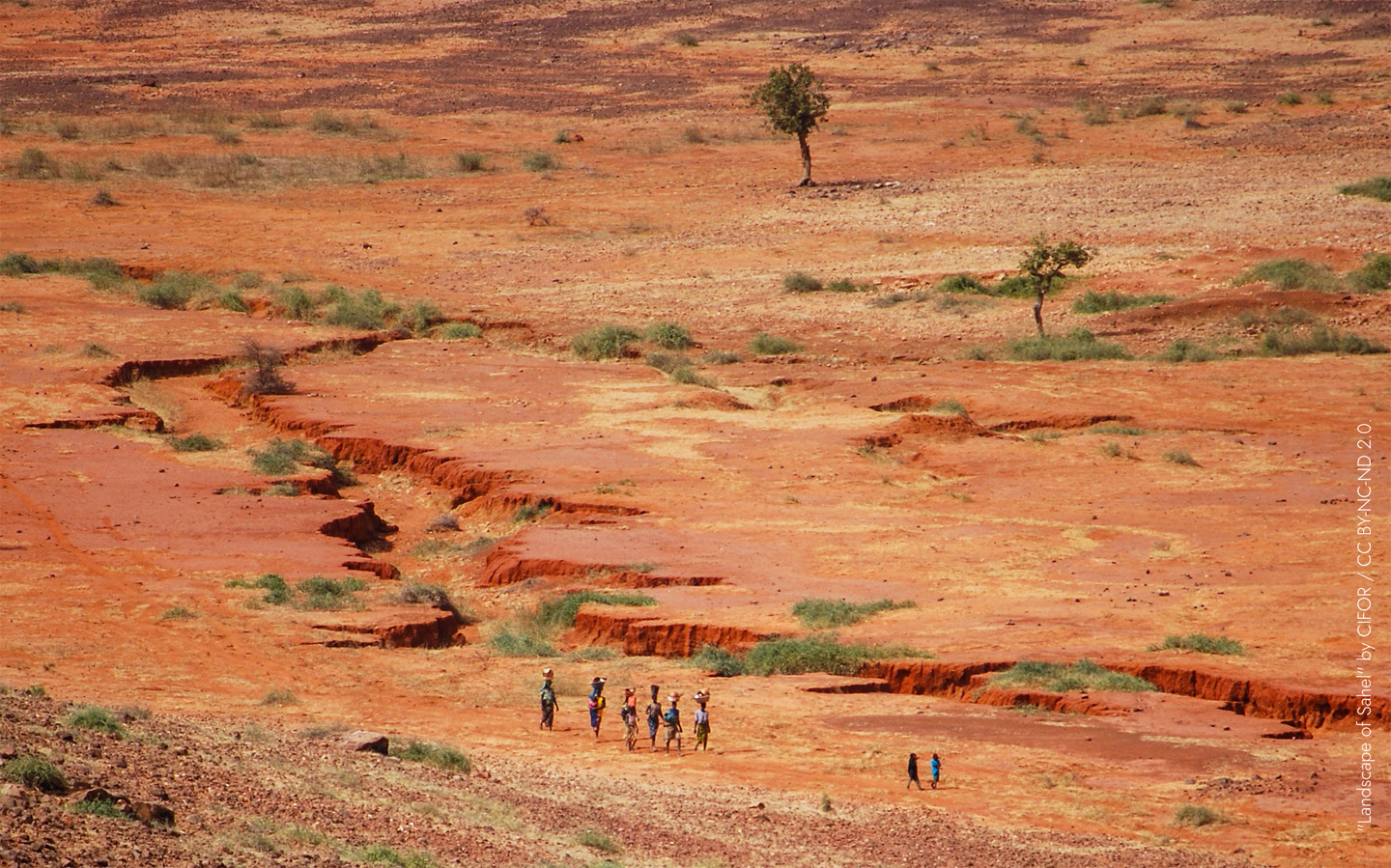Latest
Latest

Latest
Manual Submenu Topics
SearchResultsFilters
Search Results
“Why shouldn’t people eat bugs?”: A conversation with Chef Yoon
We sat down with Chef Joseph Yoon to learn more about edible insects: their health benefits, their potential as a method for fighting climate change, and even – for those who are tempted – how to start incorporating them into your cooking.
Our planet is losing its biodiversity. Here are five ways IFAD and rural people are protecting it
Biodiversity is the key to all the essential benefits we get from nature: from clean air to our ability to regulate the climate. At IFAD, we integrate protecting biodiversity into everything we do.
Newly-appointed IFAD Regional Director of Asia and the Pacific visits Bangladesh
Reehana Rifat Raza, the Regional Director of the Asia and Pacific Division at the International Fund for Agricultural Development (IFAD), was on mission to Bangladesh this week - her first official visit to the region since she took up appointment on 9 May 2022.
How farmers around the world are protecting nature’s delicate balance – and reaping the rewards
Healthy ecosystems are diverse ecosystems. And at IFAD, we believe that small-scale farmers are amongst the greatest stewards and beneficiaries of biodiversity.
IFAD a key player in U.S. Treasury Department’s Action Plan to address rising food insecurity
International Financial Institutions (IFIs) play a crucial role in responding to shocks at scale. They contribute financing, technical assistance, knowledge, and engage with policymakers to address rising food insecurity. Recognizing the essential role of IFIs in times of crises, the U.S. Department of the Treasury has released an IFI Action Plan to Address Food Insecurity.
The International Partnership for Cooperation on Child Labour in Agriculture (IPCCLA) Statement for the 5th Global Conference on the Elimination of Child Labour
The 2020 ILO-UNICEF Global Estimates of Child Labour reported that progress towards reducing child labour had stalled for the first time in 20 years.
As COP15 tackles desertification, here are three ways IFAD is helping farmers in sub-Saharan Africa build their resilience to climate change
Sub-Saharan Africa’s drylands – that is, the areas where more water is lost through evaporation than gained through rainfall – are facing widespread degradation. There are many factors causing this, but one of the most prominent is the use of agricultural practices that aren’t adapted to the land, such as overgrazing and intensive agriculture.
IFAD-funded project to help preserve Amazonian forest in one of Brazil’s poorest states
IFAD and the Government of the State of Maranhão signed a financing agreement today for the implementation of the Amazon Sustainable Management Project (PAGES). Implemented in Brazil’s state with the highest poverty and food insecurity rates, the project will address the entrenched environmental degradation of the Amazonian forest.
The thin green line that’s holding back the Sahara desert
The Great Green Wall was envisioned as a line of trees stretching across Africa to protect against desertification. Today, it is a mosaic of farms, forests, and wilderness, where sustainable agriculture is the norm and rural-dwellers thrive.

